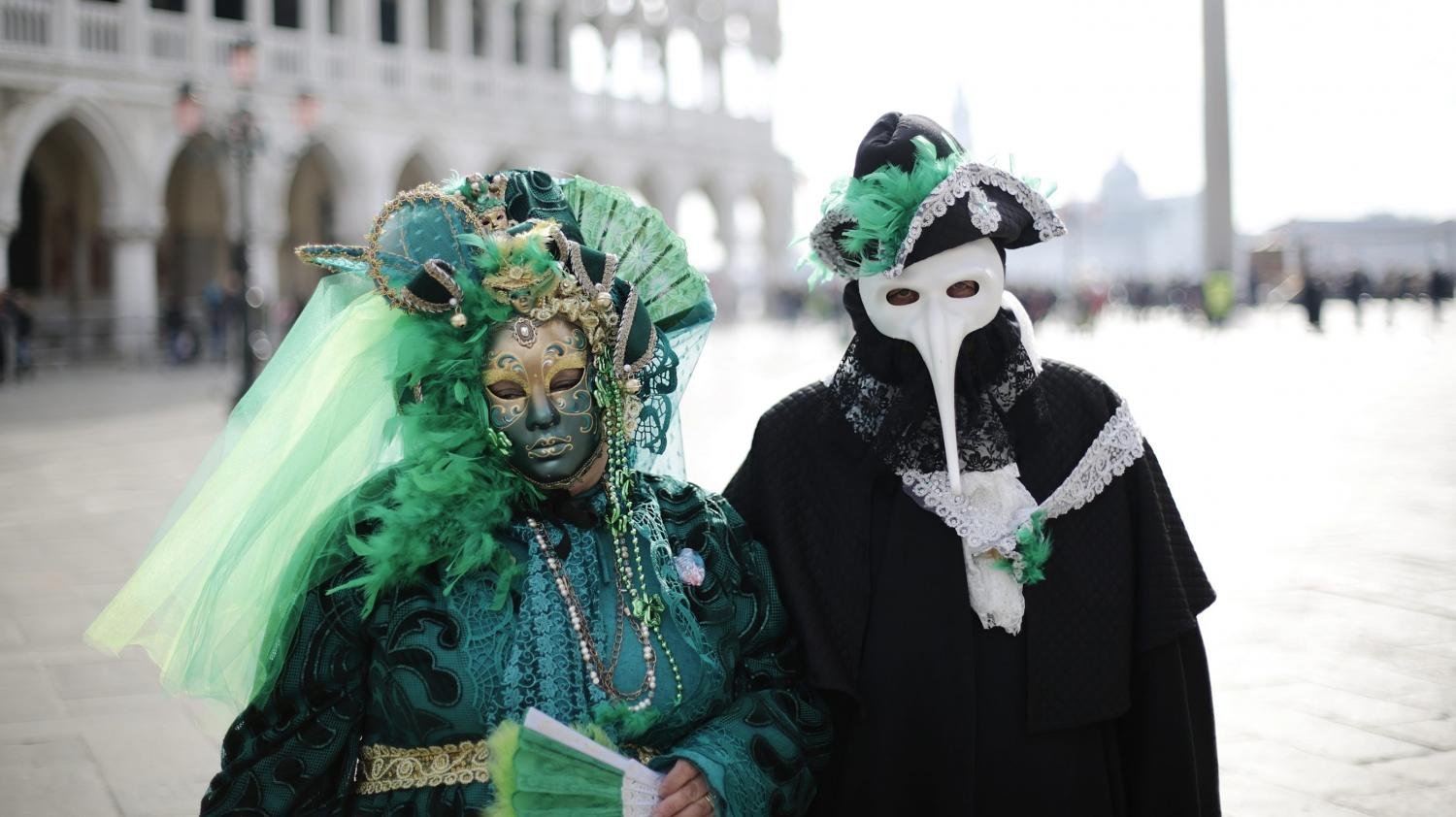
The Covid-19 pandemic has caused the cancellation of many festive events during 2020. The start of 2021 does not seem to be an exception, the coronavirus has also had the skin of carnivals around the world. Direction Brazil, Germany and Italy.
In Brazil, carnivals are canceled but the party continues
In Brazil, local authorities have canceled carnival festivities, whether the parade of samba schools or the “blocos”, groups of musicians who pass through the streets. But the week is still a public holiday and in Brazil everything has remained open: bars, nightclubs and restaurants.
The Brazilians are rather outside. If there are indeed not the characteristic parades of the carnival, the parties multiply in the bohemian districts. They take place in bars. All weekend, the police try to enforce a semblance of order, closing some bars on rather dubious criteria such as the distance between the tables. But that doesn’t help much because the party continues in the street, just in front of the bar, with the ambulants who sell the drinks and leave faster than the police. In Rio for example, the mayor is widely criticized for leaving the bars open, while saying not to go out and knowing full well that it was unlikely to work.
The mayor opted for open shops for economic reasons. Carnival week is normally the most important week of the year for Rio’s economy. It is estimated that 70,000 people live directly from the carnival that has been brewing since September, and three times as many have jobs related to the event. So these jobs are those of classic tourism, but they are also the peddlers who are everywhere in the city 24 hours a day since this week the party never stops. For all these families, the cancellation of the carnival represents a very important loss. For the moment, they are forgotten in the town hall’s emergency aid plan set up for carnival workers – musicians, tourism professionals – but not the street vendors who are also the poorest.
In Italy, the carnival of Venice is to be followed in streaming
One of the most famous carnivals in Europe is currently taking place in Italy. But the Venice Carnival is not quite as successful this year. The masks and the costumes are virtual until Tuesday evening because the carnival is broadcast in streaming. You can log onto the carnival website carnevale.venezia.it and follow live appointments filmed in the Casino de Venise, this palace overlooking the Grand Canal. During 1h30, each day, we were treated to interviews or quizzes, from the past of the carnival to more recent stories too, of the twelve Maries with the angel’s flight, from the most famous masks to costumes and disguises. Forty short videos have also been specially produced for this 2021 edition, which remains sad despite everything.
There are all the same a little more people in the alleys of Venice than a few weeks ago because the Venetians of the mainland and the inhabitants of the region – because you cannot leave your region in Italy – came to the site in disguise to rediscover the magic of carnival. There are also a few tourists, but very few. The town hall has finally decided to open its museums just a few days during the carnival. It is already that for the carnival and Venetians who can finally benefit from it, them who are deprived of the traditional parades on the Saint-Marc square. But the appointment is already made for next year. The Venice Carnival 2022 edition will start on February 12 and end on March 1.
In Germany, traditional carnivals in the west of the country are prohibited
The Covid-19 arrived in Germany through winter sports, and through carnival. A year ago, the small town of Heinsberg was cut off from the world in an attempt to stop the development of the Covid-19 pandemic. Heinsberg had been one of the few cities in Germany not to have canceled its carnival. It was therefore early this year that the authorities announced the ban on carnival parades across the country. But there is no question for fans of the parades to completely renounce their traditions.
There is no shortage of initiatives in western Germany, the Mecca of carnival culture in the country. In Cologne, normally a million people follow a colorful parade for more than 8 km through the city. This year, puppets parade and dance on the internet. Always with the characteristic banter of the Cologne carnival. It is a highly political carnival featuring gigantic papier-mâché characters: Donald Trump, a bloody prince Mohamed Ben Salman after the assassination of Jamal Khashoggi, Angela Merkel carrying her cross after the refugee crisis or Theresa May weighed down by the Brexit.
The decision to cancel the carnival this year will not have been easy for the authorities. For all of western Germany in particular, in the Cologne region, carnival is the main celebration of the year after Christmas. It’s the equivalent of Oktoberfest in Munich, a tradition that dates back to the Middle Ages and starts in the fall. The season officially begins on November 11 at 11:11 am, and ends on Ash Wednesday. From Women’s Emancipation Day, during which female employees cut the ties of their male colleagues to Ash Wednesday, an entire region lives only at the rhythm of carnival. Deserted offices, well-watered evenings, concerts in all the cities. Canceling the carnival a few months before the legislative elections will have been a very difficult decision for the political class.
